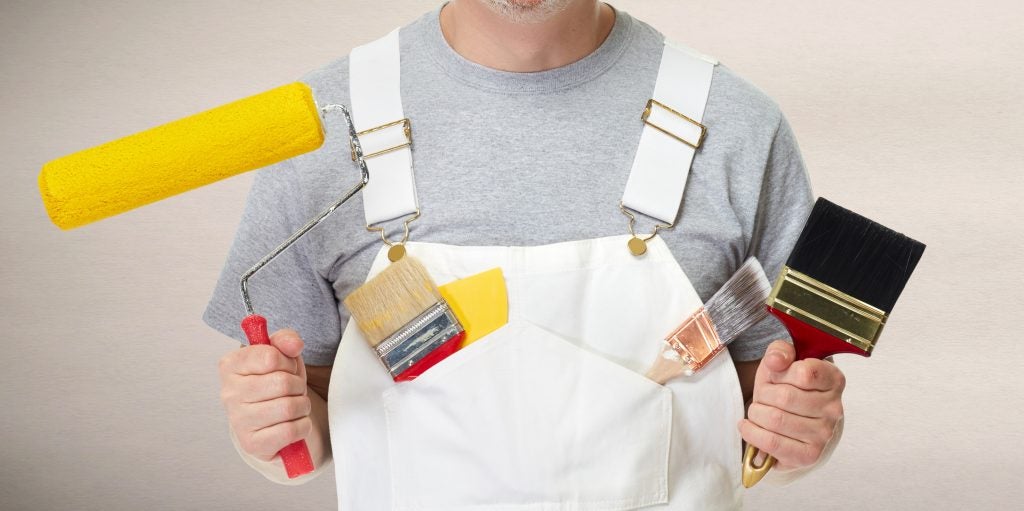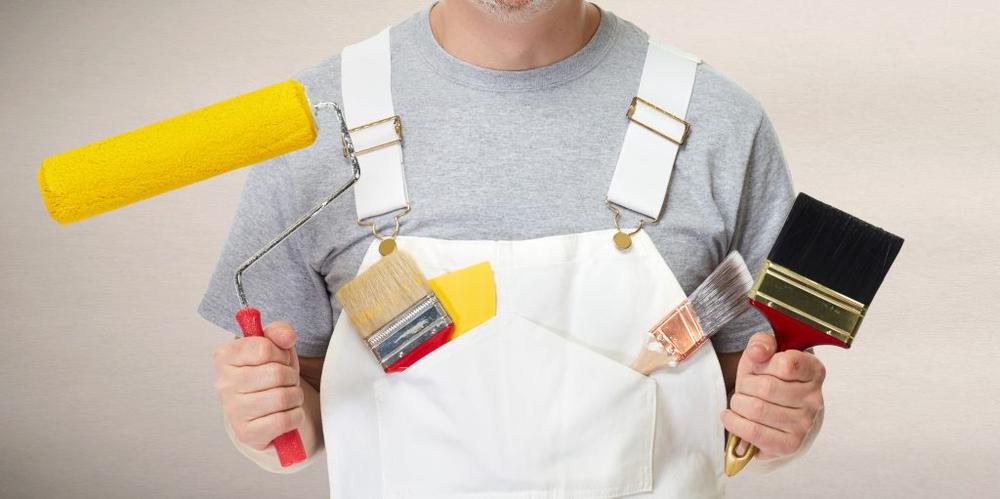Or buy my own carpet… Builders get these questions a lot. Here’s why a Yes answer is seldom in the homeowners’ best interest.
It’s not unusual for new-home clients to ask their builder to use a trade contractor with whom the clients (but not the builder) have an established relationship, or to let them buy their own plumbing fixtures or other items. Most builders frown upon this. Sticking to familiar subcontractors is a policy that’s in the best interest of the builder and the homeowners. The reasons have to do with the business relationships between builders, suppliers, and subcontractors.
Purchases from approved suppliers
Let’s start with purchases. Allowance selections and purchases are made from approved suppliers, and for good reason. The builder who agrees to use unfamiliar suppliers or owner-sourced products in critical applications can’t guarantee the reliability of those products, can’t stand behind the warranty, and risks problems with the schedule and budget. In addition, the builder may not have existing payment terms worked out with unfamiliar suppliers, and securing these credit lines can be extremely time consuming.
For example, imagine that the homeowners order carpet from a non-approved carpet supplier, then find out that the carpet they chose is made in Europe, only comes in widths of three meters (instead of the 12 feet that the carpet allowance was based on) and is a special order that takes 20 weeks to deliver. Will the schedule accommodate that delivery restriction? Can the builder trust the vendor’s assurance that all seams will “disappear”?
Builder-selected Subcontractors
There are even more compelling reasons for using regular subcontractors. Builders depend on subcontractors as much as they depend on employees—trade partners are an integral part of the builder’s team. Thus, builders tend to award major contracts (the wiring of a custom home, for instance) only to subcontractors that have proven themselves. With proven trades, accurate bids can be assembled quickly, and the builder understands and trusts the quality promised by those bids.
Most builders test out new subcontractors on small jobs or spec projects and then evaluate their work over time. Do they consistently produce work that meets the builder’s quality standards? Do they work well with the builder’s project managers? Do they have a good attitude on the jobsite? Do they know how to bid accurately? How quickly do they respond to service calls? Does their work stand up over three or four years? Yes, it can take several years to determine whether a trade partner can be trusted with minimal supervision on a large and complex job. Sometimes the builder is impressed with a sub on the first job only to be disappointed on later projects.
In fact, the builder who agrees to use unvetted subs risks losing control of the building process. The painting crew that is doing just one job for the builder may not be as conscientious as the crew that relies on the builder for a majority of its work. Even if the homeowner agrees to take responsibility for the end result, any problems will reflect badly on the builder’s reputation. And remember—that good reputation is a factor as to why the clients hired the builder in the first place.
The point is that in a building project, relationships are key. Good relationships between the builder and the trade partners are what make projects successful. Part of maintaining those good relationships is treating subcontractors well, including paying them fair prices and not squeezing them out of major contracts they have earned a shot at.
This pays off when the inevitable problems arise. For instance, when schedules change because of a weather delay, subcontractors that have been treated well are more likely to change their schedule and do whatever it takes to keep the project on time and on budget. After all, everyone’s on the same team.


